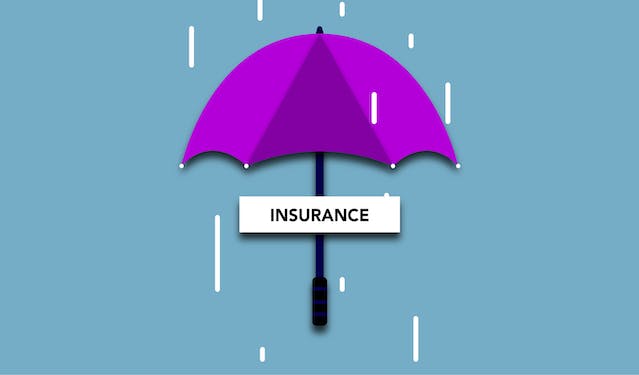The impromptu nature of injuries and accidents causes anxiety, and it is vital to plan yourself appropriately for these incidents. The injuries and accidents could be minor or major and can happen anywhere: your home, workplace, on the road, or even during your morning run.
The recovery costs from an injury or accident can significantly add up, leading to financial strain. Moreover, it has become seemingly impossible for people to rely solely on their medical or auto insurance. Therefore, it is crucial to have an umbrella insurance policy, which is simply additional liability coverage over and above another insurance policy.
An umbrella insurance policy is effective if you’ve caused an injury or accident. However, the injured or affected party can decline your offer if it’s a low insurance settlement offer. The wounded party responds to the unfavorable compensation through injury attorneys and insurance adjusters.
What Does an Umbrella Insurance Policy Cover?
An umbrella insurance policy primarily provides extra insurance coverage for expensive claims and lawsuits. This policy only kicks in when all the other available and applicable policies have been exhausted.
An umbrella insurance policy only covers the following:
- Legal fees and court fees
- Bodily injures you cause on others
- Certain lawsuits
- Damage of others’ property
- Landlord liability
1. Property Damage
A great example is when you damage an expensive performance car in an auto accident. It can be very costly to cater for the damages with only your vehicle insurance; therefore, the umbrella insurance policy has to step in.
2. Bodily Injury
This includes scenarios such as your dog biting someone, your teenage daughter hitting a pedestrian with her car, or a neighbor’s child who got injured while playing in your yard.
In this case, the umbrella insurance covers the remaining expenses after you exceed the limit of your other policies. The expenses could include medical treatment, funeral expenses, or lawsuits.
3. Landlord Insurance
The landlord insurance is for owners of rental units. It protects the landlord against any lawsuits and claims. For example, if someone trips and gets hurt because of a wrongly placed flower pot on your rental property sidewalk.
What Is Not Covered by an Umbrella Insurance Policy?
- Damage to your personal property
- Injuries of contract workers
- Your injuries
- Business liability
- Intentional or criminal acts that cause damage to someone
Who Needs an Umbrella Insurance Policy?
Big or small, injuries and accidents can happen to anyone. Therefore, the umbrella insurance policy benefits almost everyone. It also extends to your household members like your wife, children, or other relatives.
The umbrella insurance is often purchased by business owners, parents, swimming pool and trampoline owners, dog owners, sports coaches, investment property owners, those protecting their future, and those who have significant savings and assets.
How Does an Umbrella Insurance Policy Work?
The common types of insurance provide one particular kind of coverage, whereas the umbrella insurance policy covers most aspects of your financial life. It is advisable to buy an umbrella insurance policy from the same insurer to get the policy at a discounted rate.
Moreover, umbrella insurance is seemingly cheaper than other insurance types, yet it has more coverage. According to the Insurance Information Institute, most $1 million umbrella insurance policies cost $150 to $300 a year.
What Is the Importance of an Umbrella Insurance Policy?
An umbrella insurance policy is beneficial and essential for the following to many people:
- It protects you from a financial crisis likely caused by damaging someone’s property or causing their injury.
- It takes effect when all your other insurance policies like auto and homeowners have been exhausted.
- It helps to secure your valuable assets.
- It shields you against unforeseen threats and circumstances.
Moreover, it also covers you if you’re sued for libel, mental anguish, slander, malicious prosecution, and false imprisonment or arrest.

